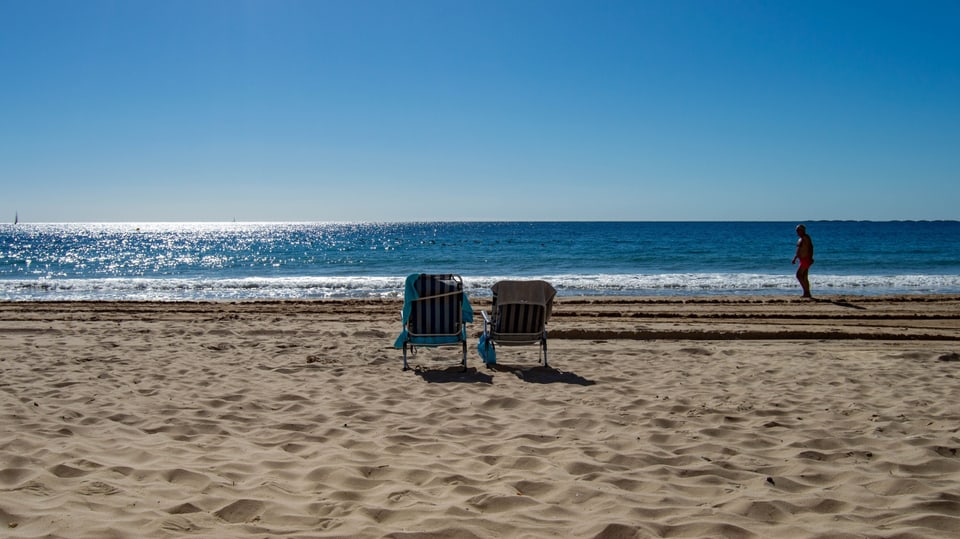Contents
The deep blue, the murmuring waves and the wide horizon attract people from all over the world to the sea. What is behind this fascination.
Let your gaze wander over the glittering blue and listen to the endless sound of the waves: this has a very special effect on us humans. And so many prefer to spend their holidays or free time by the sea. But why do these huge masses of water almost magically attract us? This is exactly what more and more researchers from environmental psychology are dealing with. So does Sandra Geiger from the University of Vienna, who with her colleagues a recent study published about it.
As part of an EU-funded “Horizon 2020” project, over 15,000 people in 14 European countries and Australia were surveyed about their health in relation to being at sea. The clear results: “People feel healthier and better when they can spend time by the sea,” says study co-author Geiger. And this applies to all countries and income brackets.
Better blue than green
People from the inland Czech Republic also rate being at the sea as good for their health. Italians, on the other hand, are a little less. Reasons for this could be: “The coasts are often built up, beaches are privatized or overcrowded with tourists.” Geiger therefore advocates making beaches more accessible to the general public.
Legend:
Listening to the sea for the soul
A stay by the sea has a positive effect on our psyche.
Imago / Wirestock
Good news for the Swiss: The environmental psychologist assumes that this positive effect on health generally applies to visits to the water. The view of a lake or the sea can reduce stress and lift the spirits. The diverse nuances of blue are even parks, forests or preferred to other green spaces.
Looking for shells, building sandcastles or snorkeling: Such experiences as a child influence relationship with the sea into adulthood. The ocean is also associated with relaxation later in life.
This attraction of water is closely related to expectations and experiences, says Sandra Geiger. On the one hand the social aspectt, because many go to the sea with family or friends. On the other hand, the sporting activities like walking, surfing, cycling or diving that are good for our health. But the better air quality, background noise and aesthetics are also important feel-good factors. “It seems as if people intuitively know that trips to the water are good for them.”
But the huge masses of water can also be stormy and therefore dangerous for us. “The primordial element of water is described in literature as both beautiful and threatening,” says Christoph Riedweg, professor emeritus for classical philology at the University of Zurich. This ambivalence can already be found in writings and poems of antiquity, where stories are told of death-defying ship voyages and where the waves of the sea served as a symbol of imminent misfortune. For the Greeks, but also in other cultures, the sea was considered a place of terror, unpredictable and capricious.
Part of it has stuck: people are still aware of the risks of the sea today. For example, they are afraid of drowning, like a major survey in Europe shows. So not only terms like “majestic” or “beautiful” associated with the deep bluebut also expressed concerns about pollution and the destruction of livelihoods.
This reflects the millennia-old dependency. Oceans not only stabilize the climate, but also provide food and energy. “This benefit and curiosity drove people out to sea again and again,” says Riedweg.
